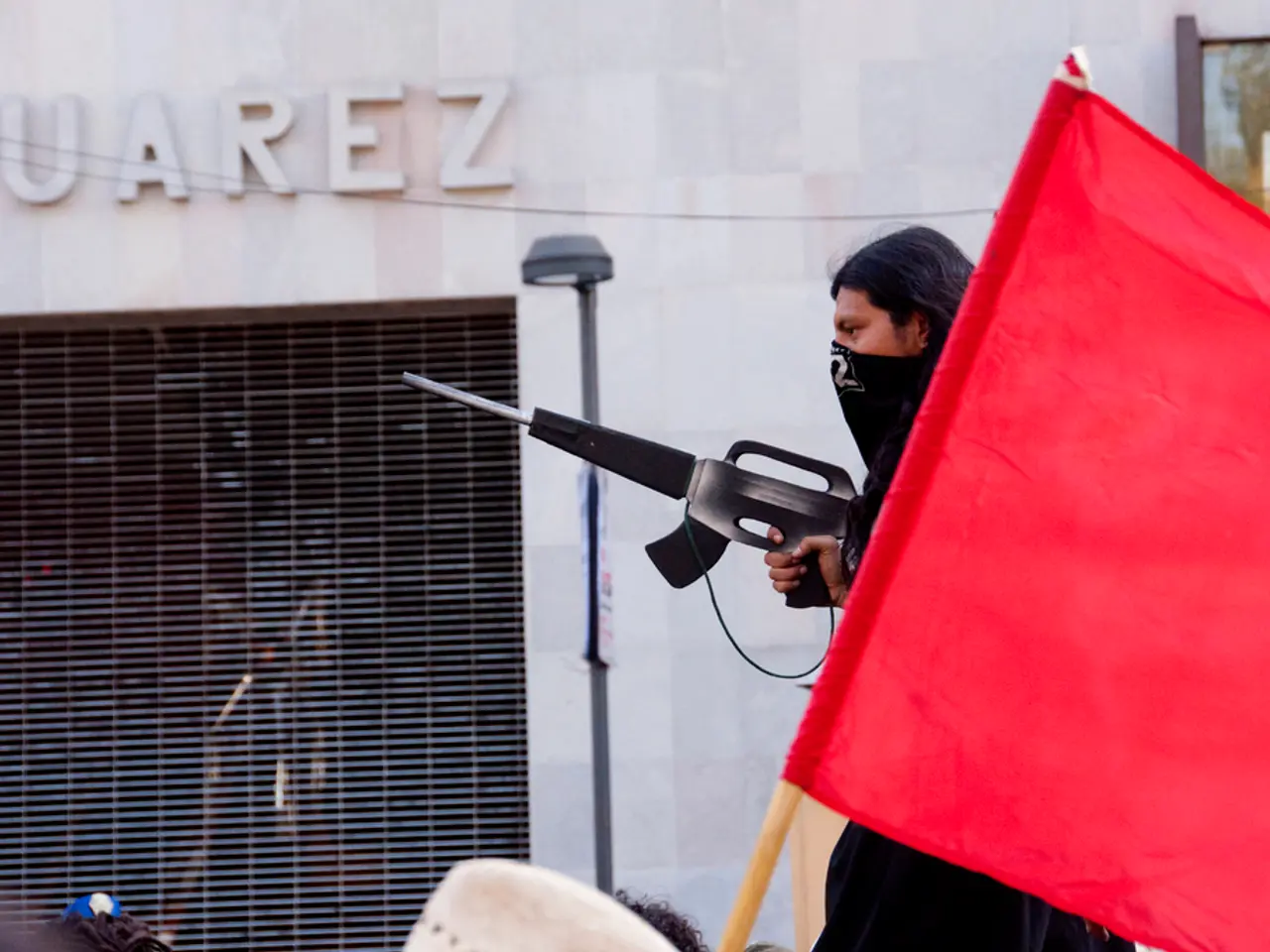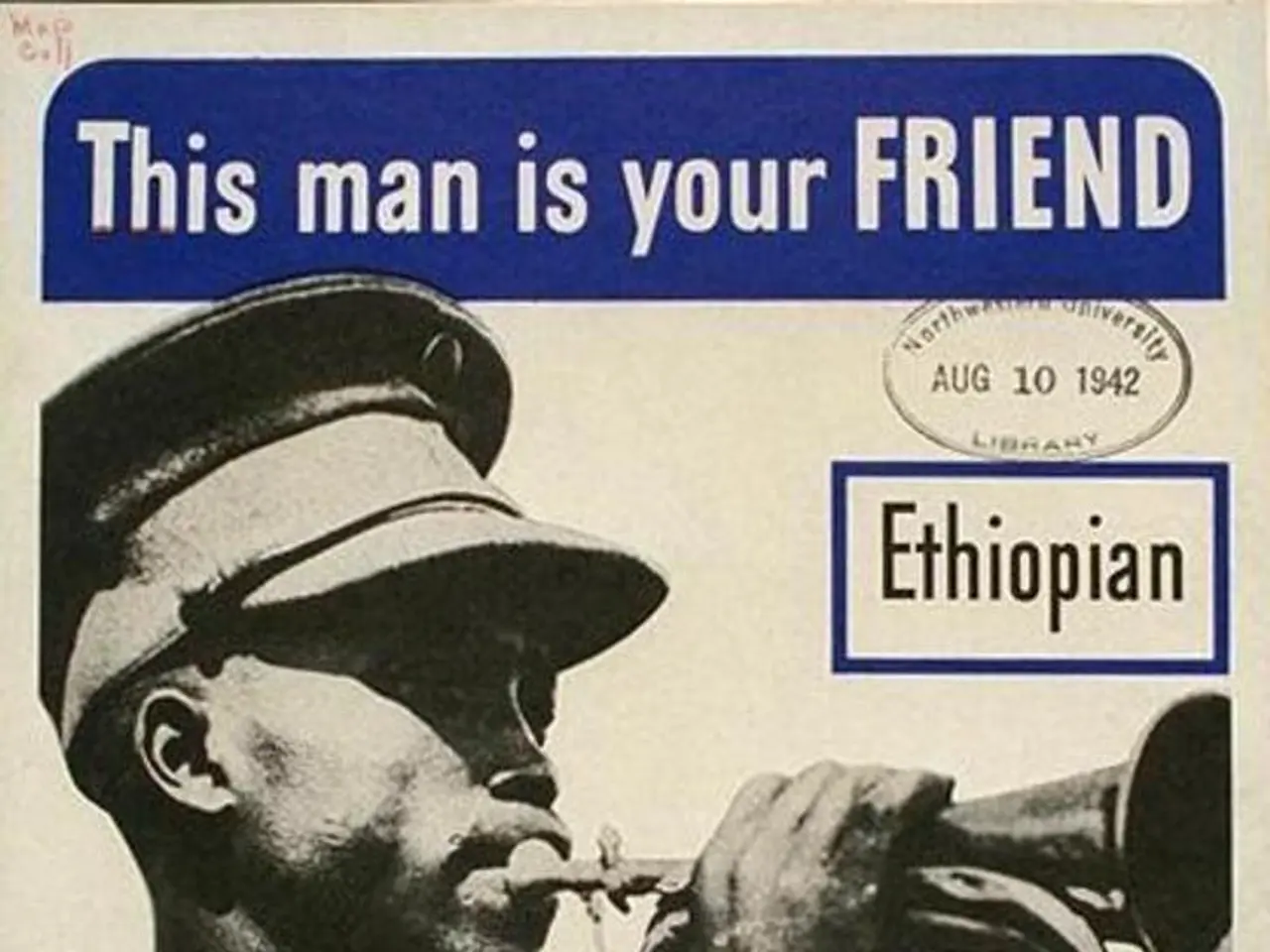Presumption of Guilt: Explaining Why Iran Faces Attacks
The longstanding conflict between Iran and Israel has transcended the conventional boundaries of their usual "image-based" confrontation. Both sides are deliberately targeting each other's military and nuclear infrastructure, seeking leadership within the military and intelligence units. The United States has threatened to intervene on Israel's side.
Why has Iran provoked the wrath of the Western world and do Iranian leaders stand a chance of reversing the situation?
Complex Relationships
To understand the current conflict, we need to go back to 1979 - the year of the Islamic Revolution in Iran and the demise of the Shah's ruling Pehlevi dynasty. The revolution was a turning point: the monarchical system was overthrown by religious authorities, and the Islamic Republic was proclaimed. At the same time, the previous strategic partners became enemies and a threat, even if they didn't show intent to challenge the revolution. Young Iran boldly took on the position of "besieged fortress." While the US took the top spot in Iran's political anti-Iran ranking, receiving the derogatory nickname "Big Satan." Previous collaboration in Iran's military, industry, and technological progress were quickly forgotten. Within a few years, Israel became one of the eternal adversaries due to already being a strategic partner and key ally of the United States outside NATO.
The crisis of 1979-1981, triggered by the takeover of the U.S. embassy in Tehran, further strained U.S.-Iran relations. A revolutionary mob took over the embassy, holding more than 60 U.S. diplomats and their families as hostages, and a rescue attempt by the American Special Forces failed.
The administrations of the U.S. had to make concessions to free their citizens. Given the ongoing conflict in the Middle East between Iran and Iraq, where the U.S. was trying to support an Iraqi regime gaining strength, and the deteriorating situation of the hostages, negotiations had to be held. As a result, back-channel agreements were made, where the U.S. agreed to refrain from any interference in Iran's internal affairs in the future and paid Iran substantial compensation, easing some sanctions and unfreezing key bank accounts.
Iran received not only money but also the status of a victor against the U.S. The feat was achieved only with Cuba under Fidel Castro, and the support came from the Soviet Union, which strengthened Iran's triumph. By the end of the crisis, the U.S. suffered a "political injury" that cost then-President Jimmy Carter his reelection.
The legacy of the "wild '80s" continues to shape the dynamics between the U.S., Iran, and Israel. Each side suspects the other of treachery and "secret intentions," constantly seeking to find flaws in their words and actions. Even though the U.S. and Israel gradually found areas of agreement, a shift in position regarding Iran remains elusive, both for Washington and Tel Aviv.
American elites continue to harbor resentment towards Ayatollah Ruhollah Khomeini, Iran's first leader of the Islamic Republic - whom they essentially "raised" as an instrument of pressure on the Shah's regime. Khomeini became an ideologue of the revolution against the monarchy and, in the heat of revolution, used his connections with Carter's administration to ensure the neutrality of the army and allow the revolution to proceed mostly peacefully. In Washington, they believed that the events resembled the 1953 coup in Iran, where another anti-government uprising was covertly supported and a pro-West leader was installed on the throne. However, with the victory of Khomeini, Iran was severed from the control of Washington.
While Israelis blame Iran for fueling Palestinian opposition, it doesn't matter who exactly Israel is facing - Fatah, Hamas, or another faction. The ultimate beneficiary, according to Israelis, is always Tehran.
When Iran began active engagement with nuclear energy in the early 1990s to address the country's energy deficit and diversify its energy mix, initial fears only escalated. The realization that Iran might be secretly developing nuclear weapons added fuel to the fire.
Contrary to popular belief, closest relatives of Iranians and Israelis don't harbor deep hostility towards the other. Jews live freely in Iran among other national and religious minorities and support Iran's right to self-defense.
Due to the increased military actions against Iranian targets, some observers predict an imminent collapse of the Iranian regime, with the West acting as its most likely instigator or a "faultless" opposition movement inside Iran taking power.
The dramatic destabilization of Iran (in its current form) by Israel, from the perspective of Israel, would solve several strategic problems. Firstly, it would disrupt anti-Israel unity from Iraq to Yemen and accelerate the final dismantling of the Palestinian movement of Hamas in Gaza. The risk of a military attack from Iran would be minimal, especially with the installation of a "glass ceiling" in place.
On the other hand, many Israeli politicians do not want to drive Iran to the brink of collapse and risk creating a new adversary. There is no guarantee that the new regime will be a friend of Israel. Moreover, given their lack of understanding of how to interact with Iran's axis of resistance, Iranian regime change could exacerbate tensions with Israel.
The threat of Iran also presents an opportunity for Turkey, which has built a network of proxy groups in various Middle Eastern countries. In addition, Turkey's actions during the 2023 conflict in Syria came close to direct conflict with Israel.
However, it is unlikely that the U.S. will allow a clash between its allies. The final decision for the U.S. lies with Israel, but the risk of widespread war in the Middle East could prove too high, especially when credible communication channels with Iranian leaders remain active.
For Israel, Iran presents a convenient scapegoat for ongoing political problems and prevents an examination of its own domestic policies. Israel depends on the "siege mentality" fostered by its conservative elites and can't afford to lose it.
From the perspective of the international community, the ongoing conflict between Iran and Israel is not received with unanimous condemnation. While the U.S. remains wary of Iranian military ambitions and has threatened intervention in the past, it has also resumed diplomatic dialogue with Iran.
There is growing pressure on Israel to show restraint and avert a full conflict. Many in the West are wary of a prolonged military engagement given Israel's military advantages and Iran's extensive network of proxy groups. A long conflict could lead to an uncontrollable escalation and unintended consequences.
In conclusion, the international community opposes Iran's actions primarily due to its nuclear ambitions and regional threats, as well as continued violations of international sanctions. There are opportunities for diplomatic talks to resolve the conflict, with the U.S. playing a key role in facilitating negotiations. However, underlying mistrust and hardline positions on both sides make a proper resolution challenging.
In light of the complex historical relationship between Iran and the United States, resulting from the Islamic Revolution in 1979 and the subsequent takeover of the U.S. embassy in Tehran, there is lingering animosity that impacts the current political climate. This animosity has also extended to Israel, making Iran a persistent adversary.
However, it should be noted that the general public within Iran and Israel may not harbor deep hostility towards each other. Despite this, the ongoing confrontation in the Middle East, fueled by political and military tensions, raises concerns about the possibility of a destabilizing conflict, prompting calls for diplomatic resolution and restraint from all parties involved.







